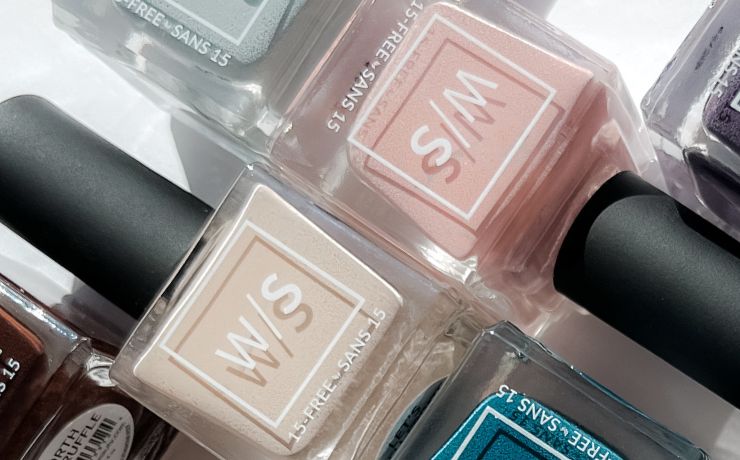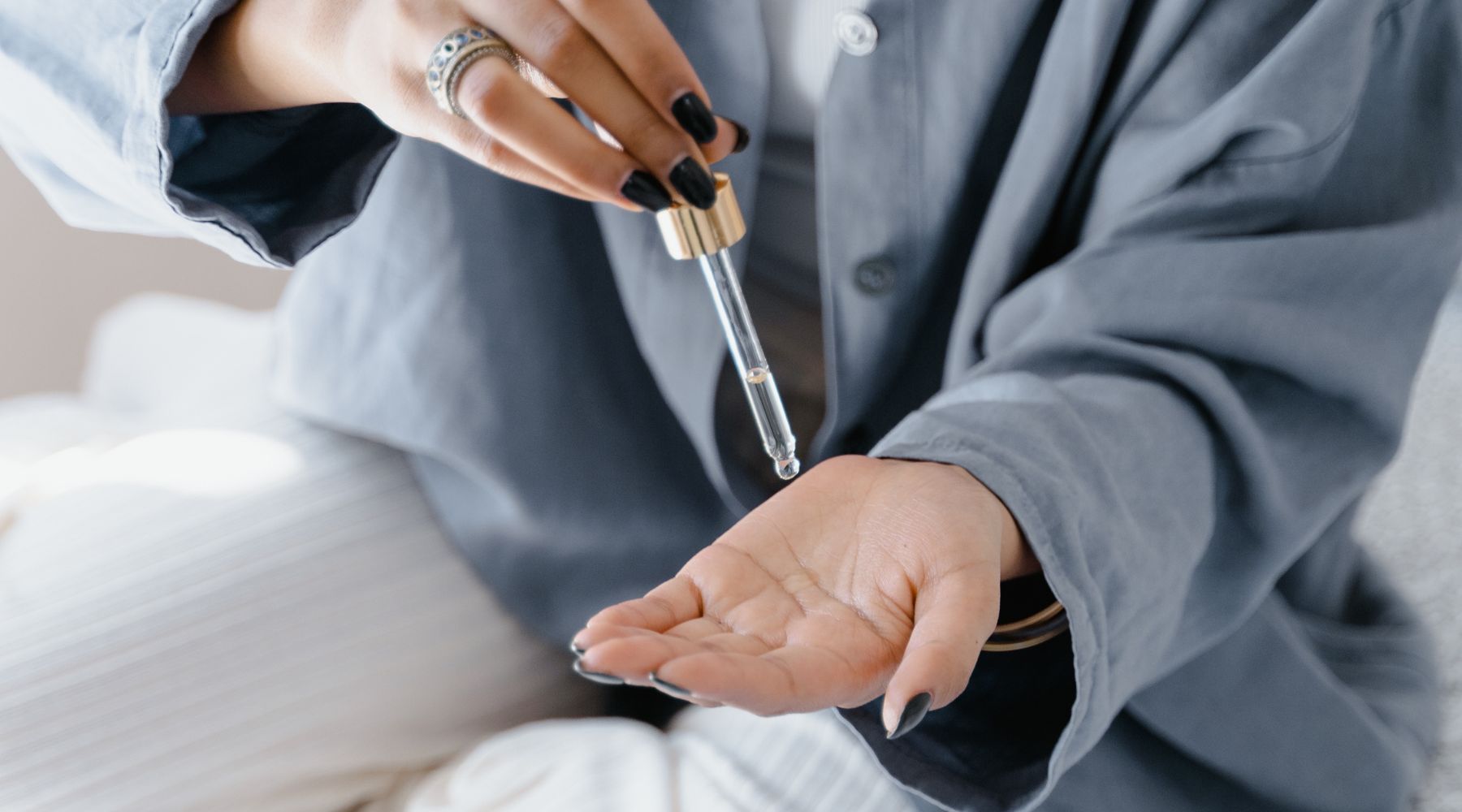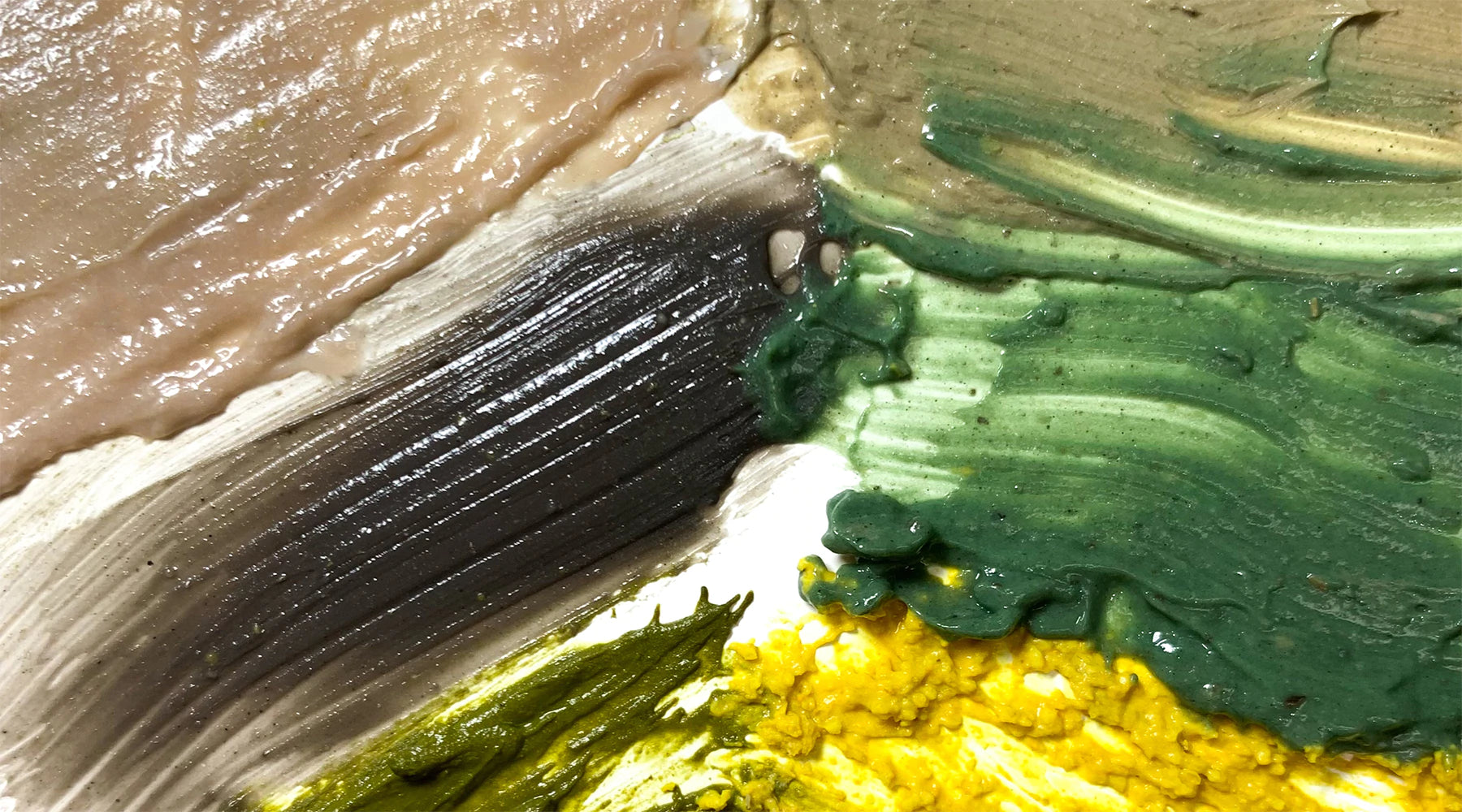withSimplicity | February 7, 2024
Why You Should Stop Using
Makeup Remover Wipes

We get asked all the time if we will ever create makeup removing wipes. While we have thought about it, there is a lot more to this decision that we want to share with you so you can understand our thinking process as to why adding these convenient tools is actually not the best move for our brand nor the environment.
Makeup wipes have become a handy tool in daily routines. These convenient wipes promise quick and easy makeup removal, but beneath their seemingly harmless exterior lies a complex story.
Let’s get into the history of makeup wipes, their detrimental impact on the environment, and the potential harm they can inflict on your skin.
The Origins of Makeup Wipes
Let’s travel back in time to the origins of makeup wipes. The concept of pre-moistened wipes for personal hygiene dates back to the mid-20th century. Initially designed for baby care, these wipes gained popularity for their convenience and ease of use. It wasn't until the late 1990s that makeup wipes emerged as a niche product catering to busy individuals seeking a quick solution for makeup removal. The beauty industry recognized the convenience and efficiency of these wipes, leading to their increased availability and widespread use in the following years. The specific brand or product that can be credited with introducing the first makeup removal wipe may vary, as different companies independently developed similar products around the same time.
What are Most Makeup Wipes Made Of?
Most makeup remover wipes are typically made from a combination of synthetic fibers, such as polyester or polypropylene, and a non-woven fabric. These materials provided the durability and absorbency needed for effective makeup removal. Removal wipes are pre-moistened with a solution containing water, cleansing agents, and sometimes additional ingredients like moisturizers or fragrances.
The use of synthetic fibers allows for a soft and non-abrasive texture while maintaining the structural integrity of the wipes. However, the downside of these materials is their environmental impact, as they are non-biodegradable and contribute to issues like plastic pollution.
Are Makeup Remover Wipes Bad for Your skin?
Makeup remover wipes, while convenient, can have several drawbacks for your skin:
- Irritation and Sensitivity. Alcohol Content: Many makeup remover wipes contain alcohol, which is known for its drying properties. Continuous use of wipes with high alcohol content can strip the skin of its natural oils, leading to dryness and irritation.
Fragrances and Harsh Ingredients: Some wipes contain synthetic fragrances and other harsh chemicals that can be irritating, especially for individuals with sensitive skin. Prolonged exposure to these ingredients may result in redness, itching, or allergic reactions… and as we know, fragrance is a well known endocrine disruptor. - Ineffective Cleansing. Makeup wipes may not be as effective at deeply cleansing the skin compared to other methods. They might remove surface makeup, but residue and impurities may still linger, contributing to clogged pores and potential breakouts.
- Tugging and Pulling. The texture of the wipes and the need for some friction during use may lead to tugging and pulling on the skin. This can be harsh, particularly around the delicate eye area, potentially causing irritation and premature aging.
- Not Suitable for All Skin Types. For individuals with dry skin, the alcohol content in some makeup wipes can exacerbate dryness, leading to flakiness and discomfort. Ingredients in certain wipes may also clog pores, making them less suitable for individuals with acne-prone skin.
- Soothing and Calming Properties. Hyaluronic acid possesses soothing properties that can help calm inflammation and irritation. It is particularly beneficial for those with sensitive or compromised skin, providing relief and comfort.
How to Makeup Remover Wipes Impact the Environment?
Let’s get into one of the most significant reasons why we don’t produce makeup remover wipes.
As makeup wipes gained popularity, so did their environmental impact. Many of these wipes contain non-biodegradable materials, such as polyester and polypropylene, making them a significant contributor to pollution.
According to a study conducted by the Marine Conservation Society, approximately 14.8 billion wet wipes are used in the UK each year, and a significant portion of them end up in water bodies or landfills. In the US, 20 million pounds of single use wipes (including wet wipes and baby wipes) are disposed of daily, according to a study conducted by the Hawaii Department of Health.
To make the impact even worse, many makeup wipes are single-use and individually wrapped in plastic.
Impact on Marine Life
The journey of a discarded makeup wipe doesn't end in a landfill; it often finds its way into water bodies. According to Earth.Org, up to 8 million tons of plastic enter the oceans each year. Marine life is particularly vulnerable to the presence of microplastics, as these particles can be ingested by aquatic organisms, causing harm to their digestive systems and disrupting ecosystems.
Are There Any Sustainable Alternatives to Makeup Wipes?
As awareness of the environmental and skin-related concerns surrounding makeup wipes grows, several eco-conscious brands are developing biodegradable wipes made from plant-based materials. These alternatives aim to minimize the environmental impact and provide a gentler option for the skin.
Here at withSimplicity, we have explored the option of biodegradable wipe materials; however, formulas with this typically would require artificial preservatives, which we would never use in our products.
What's the Best Makeup Remover for Your Skind and the Environment?
Opt for oil-based makeup removers that come in glass bottles or eco-friendly packaging. This is the most sustainable makeup remover option that a) doesn’t harm the oceans, b) doesn’t require the disposable of a ton of plastic, and c) is healthy and safe for your skin.
Our gentle oil-based makeup remover effectively removes makeup, dirt, and impurities without stripping your skin of its natural oils… and even better, it’s only made with five simple ingredients that you can trust are natural and free of toxins.





